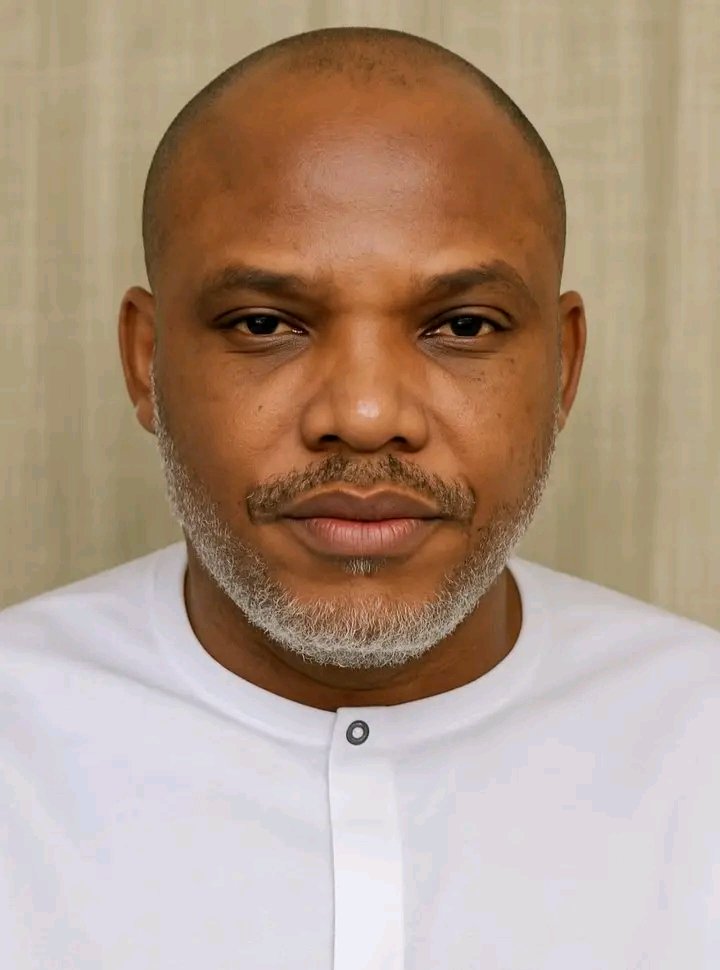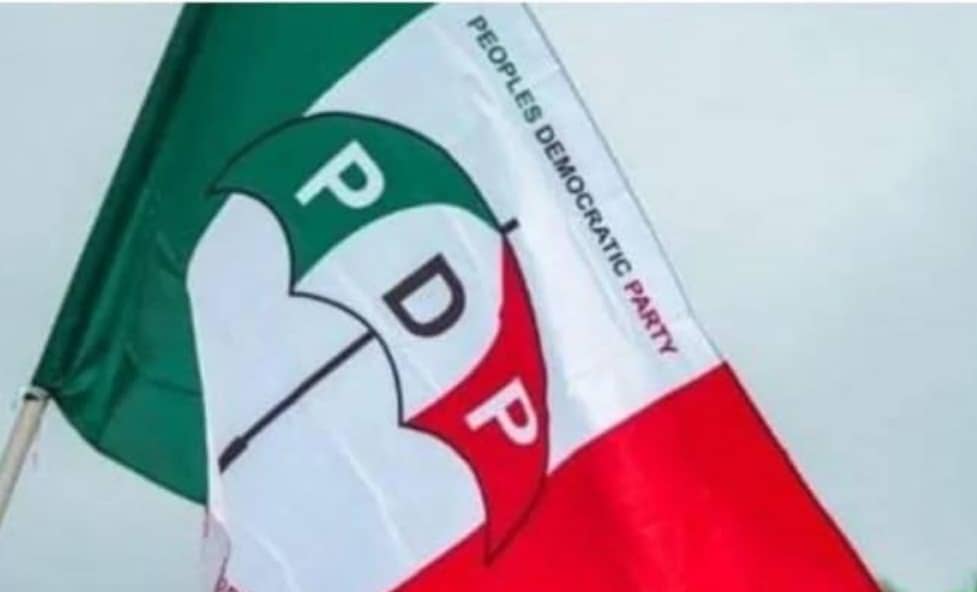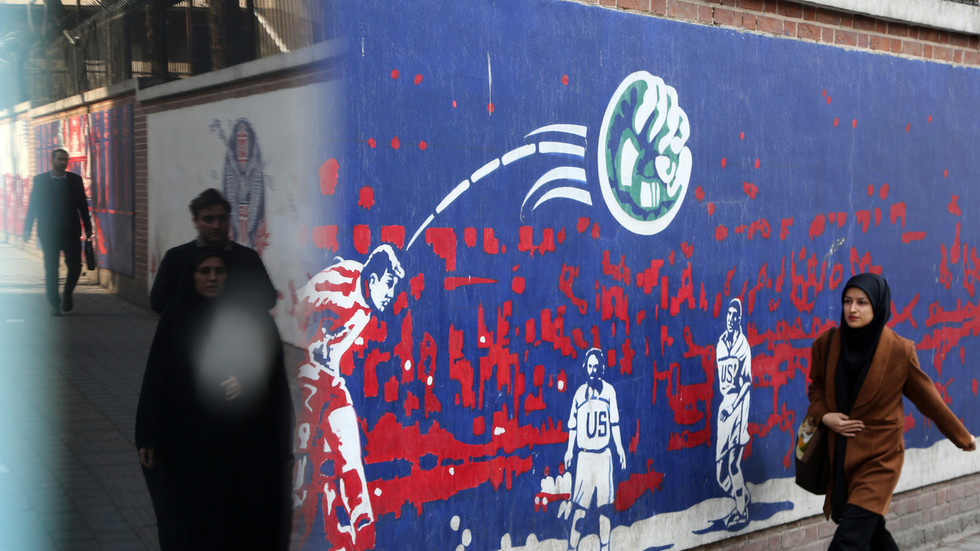The release of the ministerial portfolio by President Bola Tinubu has sparked a frenzy of discussions on social media.
President Tinubu has chosen 33 main ministers and 12 ministers of state; however, the allocation of the influential portfolios has become the focal point of conversation.
A careful examination of the list reveals that, much like former President Muhammadu Buhari, Mr Tinubu has also chosen to place security, justice, and other sectors in the North, while entrusting the economy to the South.
The Ministries of Defence, Interior, Justice, and Police are dispersed in the North, while the entire economic sector, including the Ministry of Budget and National Planning, remains in the South.
However, the regional distribution of portfolios has ignited further debate. Despite having the highest number of slots at 10, the Northwest is allocated five junior ministers, whereas the Southwest, which has nine slots, garners seven ministers and two junior ministers.
The Southwest secures portfolios in communications, finance, transportation, marine, power, solid minerals, and tourism.
On X (formerly known as Twitter), @Elbonga noted that assigning two junior ministers to Kano State seems to be a first in history for the state.
“They opposed Maryam Shetty’s nomination because they believe Kano deserves higher-ranking positions, and yet Kano has been given two state ministerial positions. Two junior ministers for a state like Kano. I don’t think this has ever happened since 1999,” he remarked.
It is, however, important to note that the Northwest currently holds the positions of the Speaker of the House of Representatives, the Deputy Senate President, and the National Chairman of the ruling All Progressives Congress (APC).
In terms of portfolio allocation, the Northeast, the region of Vice President Kashim Shettima, receives six ministers and one junior minister. The region secures portfolios in education, health, police, interior, agriculture, and foreign affairs.
Similarly, Mr Tinubu has also broken the Northern dominance over the Ministry of the Federal Capital Territory (FCT) by appointing former Governor of Rivers State, Nyesom Wike, as the Minister of the FCT.
Mr Wike is now the first FCT minister from the South since the return of democracy in 1999. Prior to the Fourth Republic, Ajose Adeogun served as FCT minister in 1976, and Emeka Okoye occupied the same position in 1981.
With the composition of the cabinet, the former Governor of Lagos State is at risk of being labeled with “nepotism,” a term that critics applied to former President Buhari.
Last week, Southwest opposition member Segun Sowunmi already accused the president of populating the government with individuals from the Southwest.
“I have examined the individuals he (President Tinubu) is assembling. I am somewhat uncomfortable with the fact that, to be honest with you, as both Yoruba men, it is starting to seem like our people are going to get the best positions. I can tell you what we have already gained and what we are likely to gain,” Mr Sowunmi stated during an interview with Seun Okinbaloye of Channels TV.
He added, “We are in control of Customs, Police, Army, CBN, IRS, Taxation, and Appropriation. Have we become a people who can only be fair when we are talking about other people?”
Meanwhile, the President does not seem inclined to appoint a Minister of Niger Delta Affairs. The government has not provided a reason for this omission, possibly due to the existence of the Niger Delta Development Commission (NDDC).
In 2019, former President Buhari relocated the NDDC from the Office of the Secretary to the Government of the Federation to the Ministry of Niger Delta Affairs.
With the Ministry of Niger Delta absent from the ministerial list, it is possible that the NDDC may return to the SGF office.
Additionally, President Tinubu seems to have reserved the ministries of petroleum resources and gas for himself by appointing two junior ministers to oversee these sectors.
It is worth mentioning that President Buhari also appointed himself as the Minister of Petroleum Resources.



